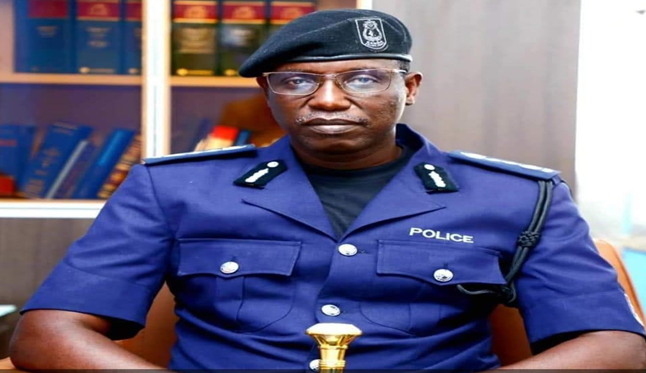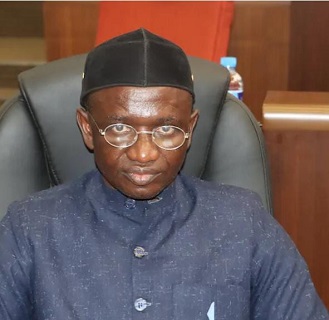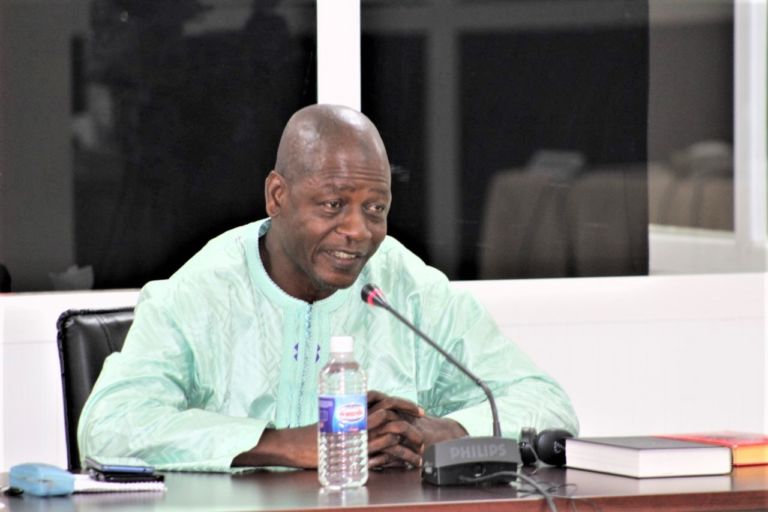Reform, Policy Development, Capacity Building, and Infrastructure Development are Key Focus Areas
The Inspector General of Police (IGP) of The Gambia Police Force (GPF), Mr Abdoulie Sanyang, delivered a significant speech during the inauguration of newly reconstructed Model Police Stations in Serrekunda and Bundung. These police stations, funded by the European Union and implemented by GIZ, signify a pivotal moment in the ongoing Security Sector Reform (SSR) process in The Gambia.
A Paradigm Shift: Commitment to Reform
IGP Abdoulie Sanyang reiterated the unwavering commitment of the GPF to the SSR process under his leadership. The newly inaugurated model police stations reflect this commitment by providing a more conducive working environment for officers and adhering to human rights standards, aligning with the government’s SSR objectives.
A People-Centered Approach
The IGP emphasized that the GPF is transitioning from “business as usual” to a people-centred approach to policing. He noted that the GPF’s commitment to reform is unwavering, aligning with the new Police Doctrine. The force’s new vision statement, “To be a professional, accountable public service, respecting human rights and the rule of law,” reflects their dedication to becoming a people-centred and human rights-friendly institution.
Reforms and Specialized Units
The GPF is implementing various reforms to enhance operational effectiveness. One noteworthy initiative is the creation of hybrid police stations, currently in the pilot stage, aimed at improving the efficiency of stations, especially those near the borders. Additionally, specialized units like the Canine Unit, equipped with police dogs imported from Spain, are being formed to handle protective duties, search and detection, crowd control, and more.
Efforts are also underway to address the high rate of traffic offences and road accidents, including the establishment of a Highway Patrol sub-unit within the Traffic Unit.
The creation of specialized units like the Special Investigation Unit, International Affairs Unit, and Crime Scene Investigation Unit aims to increase efficiency and expertise within the force.
Policy Development and Standardization
To reinforce and sustain the reform goals, the GPF has developed over 30 policies and Standard Operating Procedures to guide core business processes. These policies cover areas such as the Code of Conduct, arrest and detention procedures, community policing, and selection and recruitment policies. The IGP has issued binding directives on administrative and operational matters to address policy gaps.
Investing in Training
Acknowledging the importance of training, the GPF is prioritizing the establishment of a Police Training Village. This facility will serve as a one-stop centre for various types of training and address the challenge of a lack of a training centre for all services under the Ministry of Interior. The GPF has acquired the land for this project and seeks support from the government and development partners.
Gains and Challenges
While substantial progress has been made in the SSR process, resource constraints and funding remain significant challenges. The IGP called on the gathering for more support to optimize the performance of the Police Force. IGP Sanyang noted the widening democratic space in The Gambia but expressed concerns over the misuse of this freedom. He emphasized the collective responsibility of preserving peace and security in the country and urged citizens to discourage derogatory speech, hate speech, and false information.
Collaboration with Communities
The IGP stressed the importance of community involvement in security matters, urging the embedding of Security Sub Committees within Village Development Committees. This approach aims to enhance collaboration between the police and the public, resulting in a broader security and safety net for all Gambians.
Acknowledging Partnerships
IGP Abdoulie Sanyang expressed gratitude to His Excellency, President Adama Barrow, the European Union, and GIZ for their support in these developmental projects. Collaboration with international organizations like the Geneva Centre for the Security Sector Governance (DCAF), GIZ, the Spanish Police, and the German Police Support Team has played a vital role in advancing the SSR process.
The ongoing SSR process under IGP Abdoulie Sanyang’s leadership demonstrates The Gambia Police Force’s dedication to modernizing and professionalizing policing in the country, ultimately ensuring the safety and security of its citizens.

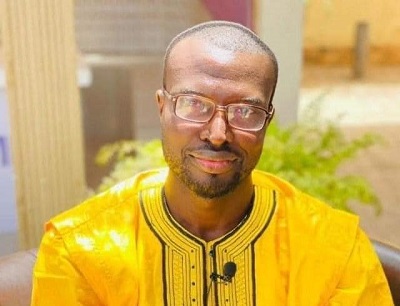
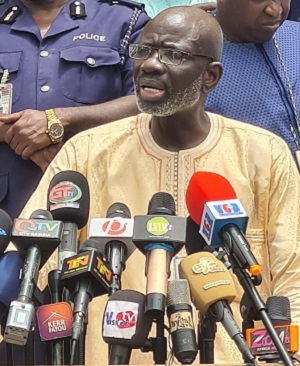

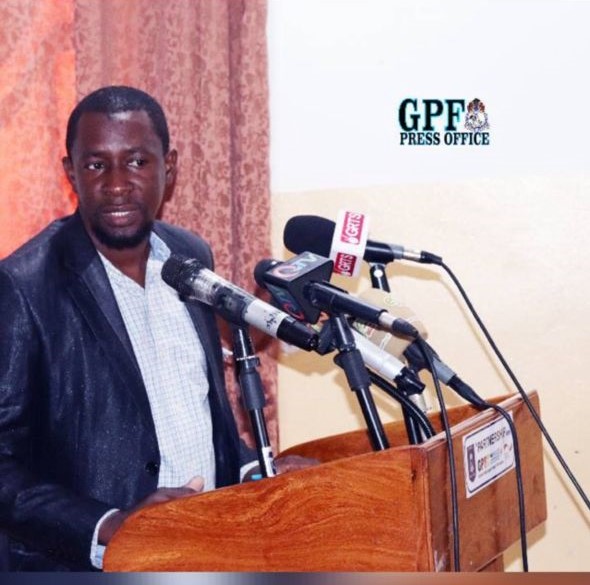
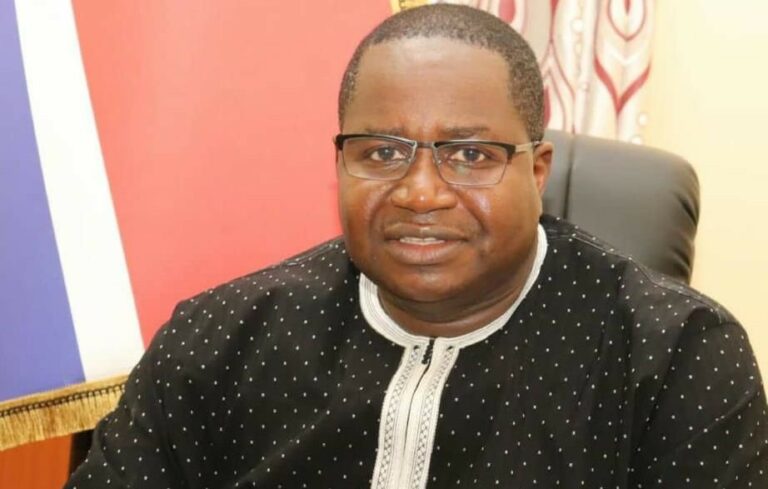

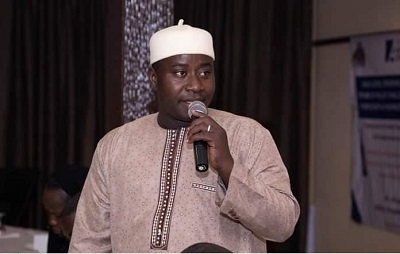
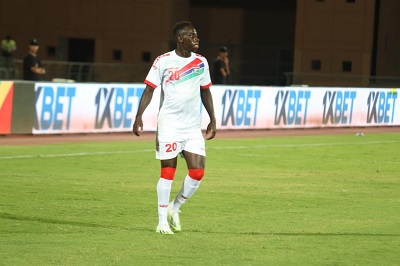
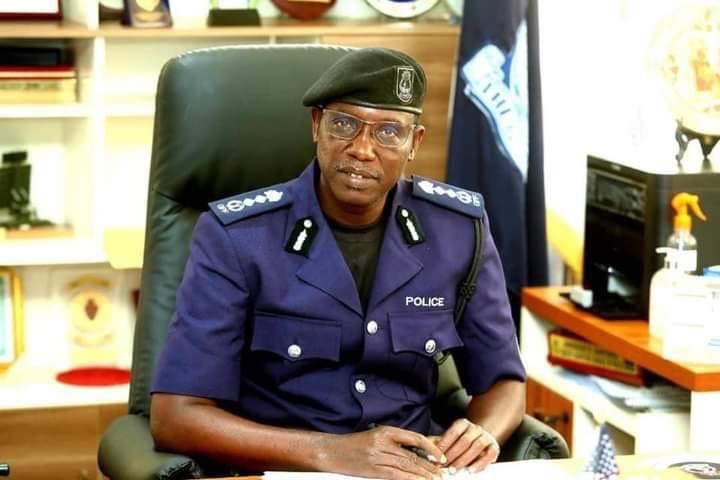
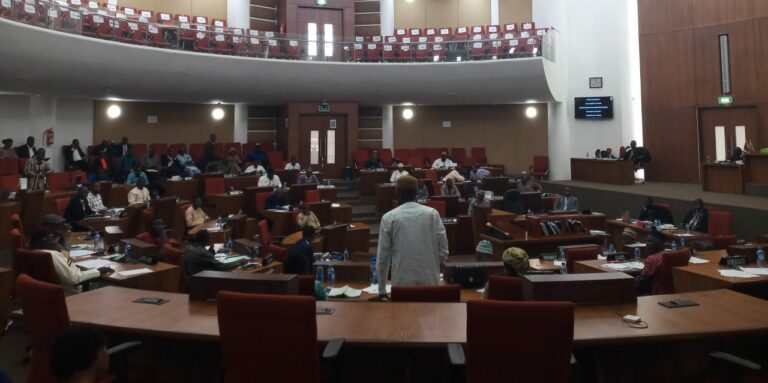
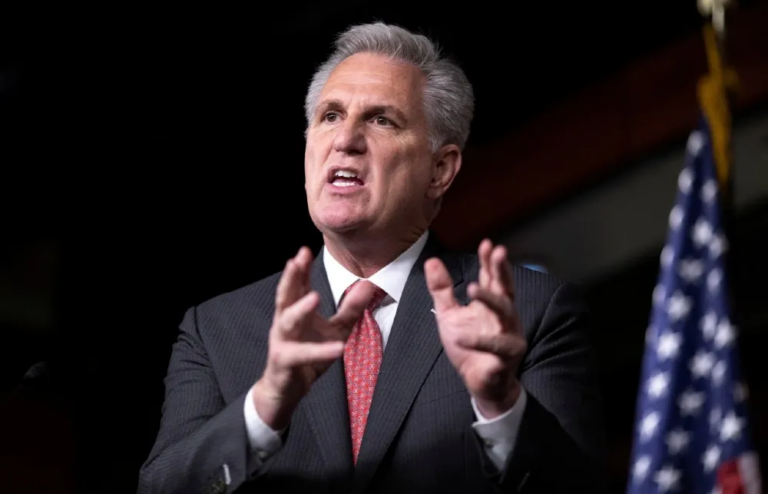
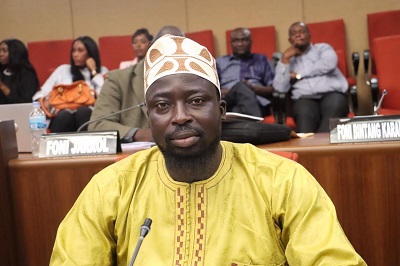
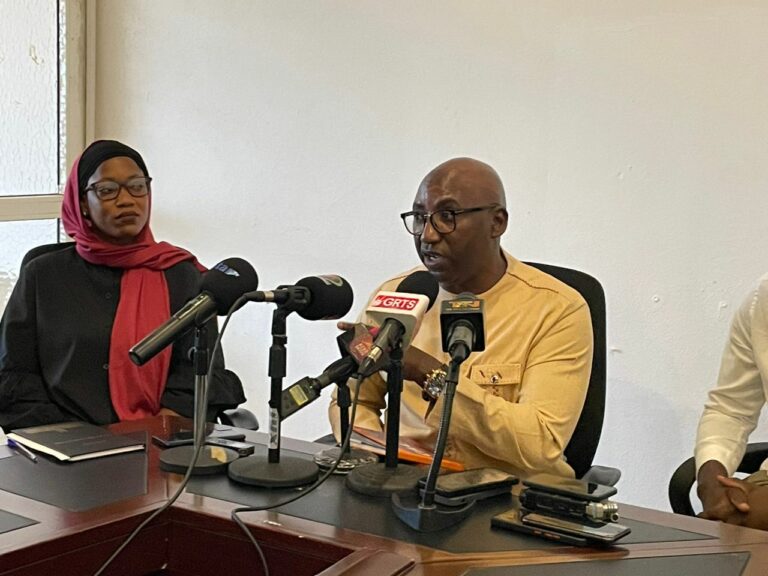
![‘Y’all [sic] should be ashamed of yourselves’: Activist Dukureh tells NAMs who support FGM/C ‘Y’all [sic] should be ashamed of yourselves’: Activist Dukureh tells NAMs who support FGM/C](https://fatunetwork.net/wp-content/uploads/2023/09/a-activist.jpg)
